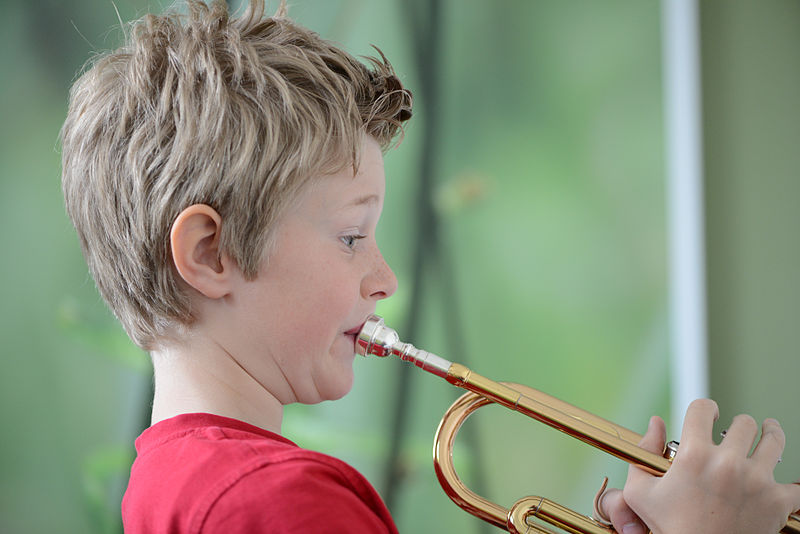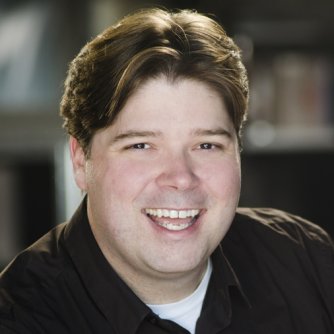

As children, our early encounters with music often create powerful moments that stay with us throughout our lives. Buying that first LP. Picking up an instrument for the first time. Seeing a favorite performer.
We asked the hosts and staff of CPR Classical to share some of their favorite musical memories from childhood as part of Kids Music Week. Click each host's name to see what they shared:
Stereo had just been introduced. Morton Gould and his orchestra released one of those "stereo spectacular" LPs containing Tchaikovsky's “1812 Overture” (complete with cannon) and Beethoven's “Wellington's Victory.” It was sheer bombast, of course, but I was thrilled.
I never heard a live orchestra until I was 17 years old, but that doesn't mean I didn't have the opportunity to play great music as a student. We had a wonderful high school band director who always looked for excellent transcriptions of orchestral works. I was playing horn, and even now I still remember the parts that I played for the band transcription we performed of Carl Orff's “Carmina Burana.” There was no chorus, so all the solos and chorus parts were covered in the band, and it was absolutely glorious. My teacher's love for great music made a huge impact on me, and nothing has been so rewarding as the experience of passing that love on to others.
I won't ever forget the sound of my mother's Krakauer upright piano, gently marking her legacy up the stairs and down the hallway in through my half-cracked bedroom door as a child. Chopin, Schumann, Mozart and Beethoven put me to sleep every night. My German mother (we called "Mutti") taught piano and was my accompanist for in-home recitals and solo competitions until she died. I had just turned 13. I kept on as a serious flute player through my formative years. And music did eventually take over my life in unexpected ways. It's been a welcome invasion and an honor to pass on that legacy to listeners each day.
In school band, I soon outgrew the trumpet and got put on the euphonium, a kind of junior-size tuba. My appreciation for it -- and for music-making in general -- grew from the goofy joy of the part I played when the pep band did "Baby Elephant Walk."
I remember the specific night when orchestral music changed my world. I was 9 years old and until that evening, music mostly came from one place: my parents’ record player.
Playing the flute always came fairly easily to me. Or at least I thought it did until one day in high school when the first-chair flutist was out sick and I had to play the solo part to the “William Tell Overture”! It would have been hard even if I had seen the part before, but sight-reading it was a nightmare! I was so thankful when the brass took over with the famous "Lone Ranger" part of the overture.
Music was an integral part of my childhood thanks to my father's favorite LP, "Fifty Great Moments in Music." I have wonderful early childhood memories of hearing all the big themes from great classical works every time he slapped that scratchy disc onto our old, furry, felt-covered turntable, then cranked the volume way up. (Many, many years down the road, I discovered there was a lot more to every great theme I had heard as a child). It was a great start to my lifelong love of classical music. I started the violin at age 6. By seventh grade, I was in the local orchestra. I'm still playing.
I grew up around music of all styles, and had a number of great music teachers. One who helped me realize the importance of classical music was Mr. Patterson, my elementary school music teacher, who went on to become a professor and composer at Simpson College outside Des Moines.
In fourth grade I played double bass in the orchestra and we performed an arrangement of the “Infernal Galop” (or “Can-Can”) from Jacques Offenbach’s “Orpheus in the Underworld.” I remember sawing away at those bouncing eighth notes that drove the rest of the music and feeling so excited about playing with other musicians. Bass parts in student orchestras -- and maybe in most orchestral music -- can be dull, but this score required a steady pulse from the low end of the strings. It was as challenging and fun as any moment I’ve had as a musician.








